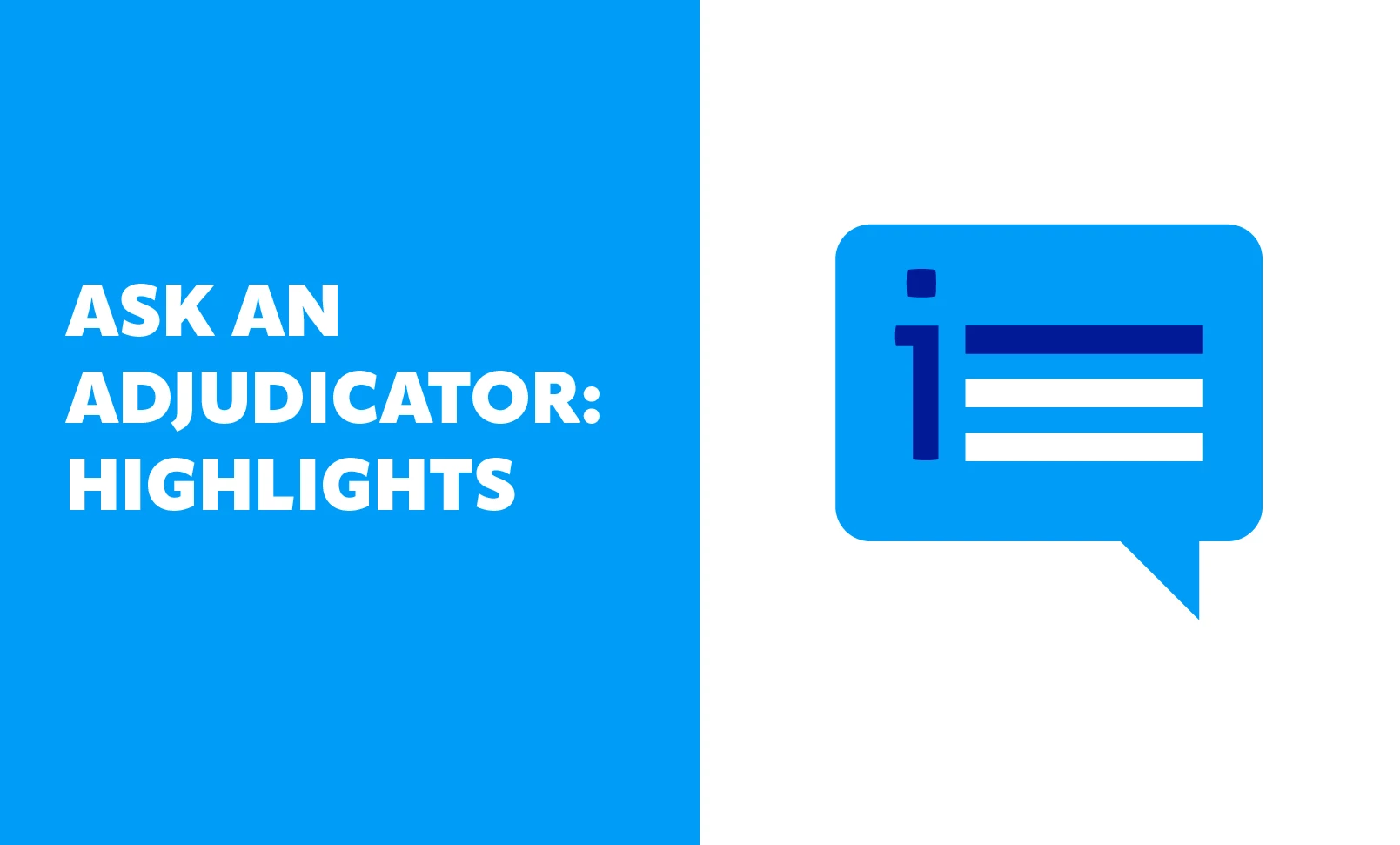Can I Use the Deposit for Rent Arrears?
You can deduct any unpaid rent from your tenant's deposit, as long as this is specified in the tenancy agreement.
If you want to claim for rent arrears and the tenant disagrees and refers the repayment to a scheme's adjudication service, the adjudicator will consider the following:
What is the claim for?
For example, rent arrears, cleaning, etc.
What are the tenant's obligations in the tenancy agreement?
The deposit clause in the tenancy agreement must specify that the deposit can be used for unpaid rent. If the tenant owes rent, but the deposit clause only specifies that the deposit can be used for cleaning, damage, etc., then the adjudicator can't award the landlord any of the deposit for rent.
Did the tenant fail to meet those obligations?
The adjudicator will also need to see evidence that the tenant failed to pay rent. For example, rent or bank statements. These can show the tenant paid their rent by standing order consistently throughout the tenancy until it stopped suddenly, or that payments were erratic, of different amounts, by different payment methods, paid on different days of the month, etc. The statement should be for the entire tenancy, not just the rental period for which you are claiming.
If so, what loss did this cause to the landlord?
It should be made clear how much the tenant owes in rent arrears. If the rent arrears exceed the deposit amount, you should make this clear to the adjudicator to provide a full picture of the tenancy. Please note however that the adjudicator is only able to award up to the deposit amount.
What evidence has the landlord submitted to quantify their loss?
As well as a tenancy agreement and rent or bank statements, depending on the circumstances of the tenancy, the landlord could also provide a lease renewal, addendum and/or a deed of surrender. It can also be helpful to provide copies of any communication with the tenant. For example, emails to show the tenant has been told about the rent arrears and has been given the chance to comment on them.
The deposit should not be claimed for rent arrears until after the tenancy has ended. Sometimes tenants want to quit the tenancy before the end of the fixed term and often landlords will accept this, bringing the tenant's liability to an end from a particular date. Sometimes there are conditions attached, such as the tenant being liable for the rent and council tax until a suitable new tenant moves in, that the landlord can have access to complete the check-out report and conduct viewings or that the tenant pays to re-advertise the property, etc. All these terms should be in writing between the parties so that there is clarity over the tenant's continuing liability, etc.
Should a landlord enter the property to do the check-out report, or instruct contractors to do remedial works without an explicit deed of surrender, the adjudicator may conclude that there has been an implied surrender, as the tenant no longer had exclusive possession of the property from that date, and no rent would be awarded after that date.
A repayment request should not be entered with the tenancy deposit scheme until after the tenancy has ended.



